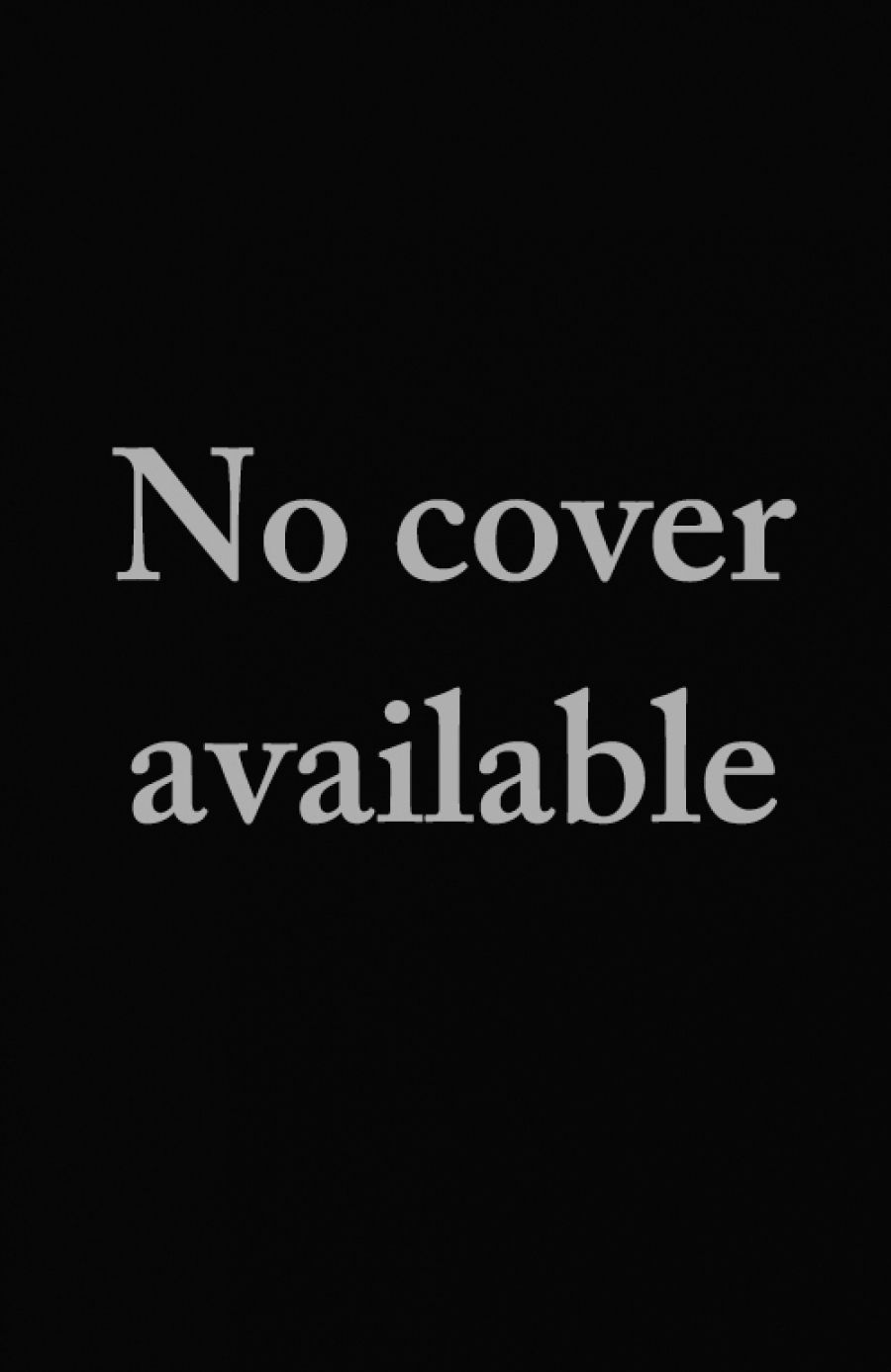
- Free Article: No
- Contents Category: Poetry
- Review Article: Yes
- Online Only: No
- Custom Highlight Text:
The immediate virtues of this book are not difficult to see: Andrew Taylor is a skilled poet who understands the workings of syntax and rhythm, and who knows how to shape his poems into unified patterns with an apparent minimum of fuss. The poems tend to have a regular and easy pace; their fluency is considerable. Taylor writes with a genuine confidence and a literary awareness which is for the most part sophisticated and supple. His diction is uniform and he is careful not to overreach himself. There is no visible strain in the whole performance.
- Book 1 Title: Travelling
- Book 1 Biblio: UQP, 94 pp, $14.95 pb
Travelling is divided into three sections: the first is a sequence of poems devoted to the contemplation of landscape, the second a rather more rambling assortment of lyrics on a variety of themes, and the third consists of a long poem centred on the author’s travels through Europe. The opening sequence is designed to establish the tenor of the collection and the book’s title here works metaphorically though later on it is often enough given a literal significance. Taylor’s point in ‘Parts of a World’ is that the landscape he is conjuring (mountains, lakes, cliffs, and the like) is above all a landscape of the mind, a construct whose meaning is the meaning he brings to it or imagines he finds in it. The result is a poetry of gentle meditation which domesticates the wilderness even as it begins to evoke its constituent features. The tone is at once quietly reverential and mildly ironic. The reference point for this poetic geography is, inevitably, language itself:
Landscape full of trees – no single
word
for this lack of horizon,· this whispering presence overhead,
this vertical world whose green roof
and spiky floor were the nursery
of language.
Call it jungle
and it menaces, crackling with active
and aggressive verbs. Forest
sighs, but with lupine hunger
sharpening each almost inaudible
vowel.
(‘Landscape Full of Trees’)
I think this is fairly representative of the flavour of much of the writing in Travelling: it is even and decorous and has a kind of soft focus which is soothing if not bland. The danger with such residual fluency is that phrases and lines which fit neatly into the harmonies of the piece are not in fact working as hard as they ought: in these lines ‘menaces’ is certainly an active verb but it hardly crackles with aggression. The problem seems to me to be one of accomplishment, from a paradoxical point of view. Taylor is not a facile poet, but the sandpapered finish he is intent on providing precludes surprise as a weapon of style. His imagination is not in the first instance dramatic but rather meditative, and while this fact may have no value in itself, I suspect it makes it easier for him to write with an elegant lack of punch:
The best mist would be
thin, possibly confined
to a single garden, a swan
at the end of it, traces of snow
on a statue and lights
in the manor suggesting
we leave the frozen pond
and dress for dinner.
We'll pile our skates
beside the steps.
The best mist
is political and all the best
politicians assure us
is good for the lungs and
since it’s restful
on the eyes is also good
for the way we see things. It seeps
from radios, t.v. and the folds
of newspaper.
It’s flavoured like coffee.
(‘Mist’)
The image in the first paragraph is evocative if conventional, the tone distantly ironic. But to my mind the second movement simply goes flat as the poem disappears into Taylor’s ability to talk at a steady rate.
Finally, a word about the long poem which closes the book, ‘Travelling to Gleis-Binario’. This is probably the most interesting section in Travelling, though I doubt that the poem sustains itself over all of its eighteen sections. The title is apparently a pun on the German and Italian words for ‘railway platform’ and Taylor provides an elaborate note to explain its personal significance. Titles aren’t that important but I would have thought that any title which needs a note probably shouldn’t be there in the first place. In this poem we do get an idiom which is at times lively and abbreviated, and which works to release an occasionally sharp sense of self-parody. Taylor plots a relationship between the tourist and the poet which is sometimes comic, sometimes uneasy, and sometimes very cosy indeed.


Comments powered by CComment